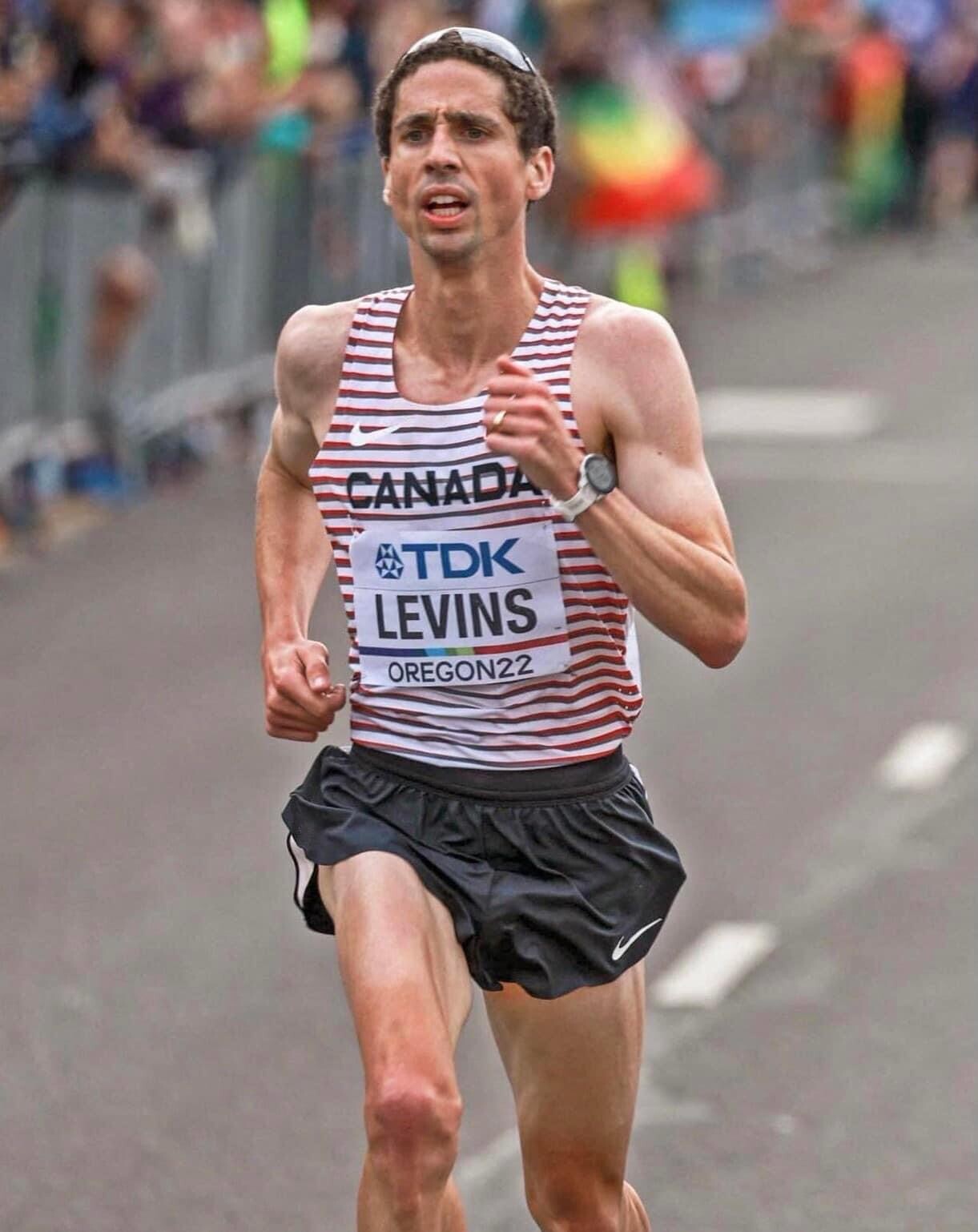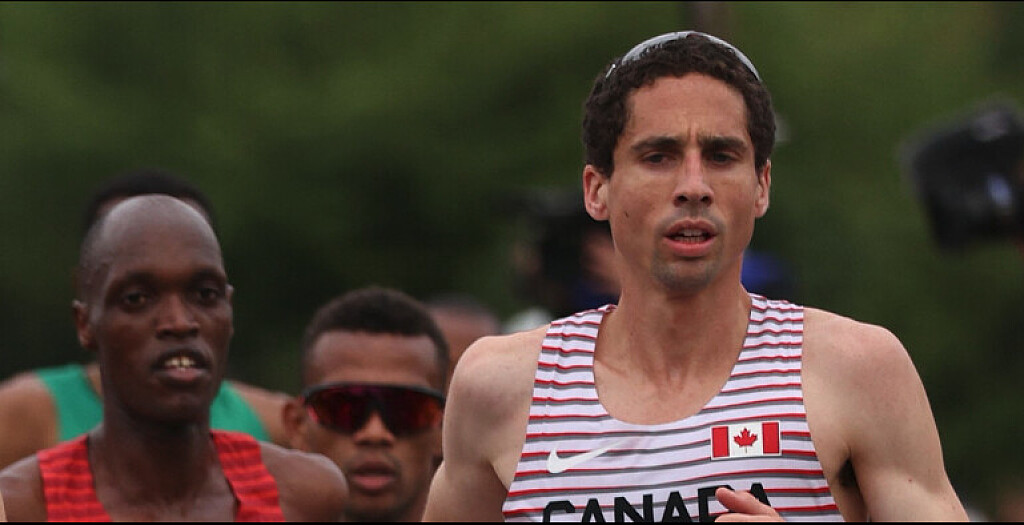Running News Daily
Running News Daily is edited by Bob Anderson. Send your news items to bob@mybestruns.com Advertising opportunities available. Train the Kenyan Way at KATA Kenya and Portugal owned and operated by Bob Anderson. Be sure to catch our movie A Long Run the movie KATA Running Camps and KATA Potato Farms - 31 now open in Kenya! https://kata.ke/
Index to Daily Posts · Sign Up For Updates · Run The World Feed
3 Ways to Be a Better Marathoner, From the Fourth-Place Finisher at Worlds
Cam Levins took two minutes off his own Canadian record. He has thoughts
At the Tokyo Olympics last year, Cam Levins had a rough time of it. He finished in 72nd place—out of 76—in 2:28:43.

Fast forward to July 17 in Eugene, Oregon, and Levins had a vastly different result at the World Championships marathon: fourth in 2:07:09, breaking his own Canadian record from 2018.
“I would only have been happier if I was one place higher,” Levins, 33, said in the moments immediately after the race. “But it was the best race of my life. I couldn’t be disappointed with it.”
It wasn’t by accident. Levins, who lives in Portland, Oregon, came away from his Tokyo experience, determined to overhaul his approach.

“I needed to be better in every way, across the board,” he said. “I changed myself completely as an athlete last year to this year. Training harder and better in every conceivable way.”
A few hours after his race, Levins stood outside Hayward Field and explained his transformation to Runner’s World, while jubilant Canadian track fans stood by to listen, take photos, and congratulate him.
How did Levins do it? And what can runners who aren’t in the elite ranks take from his lessons? He shared three tips.
Take an objective look at training
Levins broke the longstanding Canadian record when he debuted in 2018, running 2:09:25. Then he had a series of sub-par races over the next three years.
After Tokyo, Levins decided he needed to return to his high-mileage ways. (When he was an undergraduate at Southern Utah University, where he was a two-time NCAA champion, he was notorious for putting in 150–160 miles per week.)
For this marathon, he got up to 170 miles per week in March and held it for several weeks, sometimes working out twice per day. (About once every three weeks, he’d do 5 x 2,000 meters in the morning, and 20 x 400 meters in the evening.)
The point isn’t that Levins runs high mileage and everyone else should, too. Keira D’Amato, the American record holder in the marathon, rarely breaks 100 miles per week.
Levins’s lesson is about channeling frustration into change. Last summer, “I think I was really disappointed in myself,” he said. “I think it's important to just take a look at your training and kind of think, ‘What am I missing?’”
Don’t neglect strength
Levins was getting injured frequently, and he struggled late in marathons. Since Tokyo, he has been religious about his strength training, which allows him to maintain his epic volume and finish strong in races.
“I think it makes such a huge difference late in the marathon,” he said. “It's not like you've been breathing that hard. It’s your body. You’re so worn out from running that much.”
His routine consists of four parts—single-leg exercises, mobility work, core strengthening, and deadlifts, and he does it with the help of David McHenry, a strength coach in Portland.
“Of everything I’ve done, that's been the single most important change that I’ve made,” Levins said.
Marathoners need speed, too
Levins trained his track speed during the marathon build. He ran 27:53 for 10,000 meters on the track in April, and occasionally, he incorporated elements of mile speed into his workouts, he said.
He’d do repeats as short as 200 meters and short, 30-second hill repeats, as a way of “recruiting different muscle fibers,” he said. Like strength training, it’s easy to neglect amid the long runs and marathon pace work.
It paid off: In Eugene, Levins ran his final kilometer in 3:01 and outlasted Kenyan great Geoffrey Kamworor for fourth place.
by Runner’s World
Login to leave a comment




